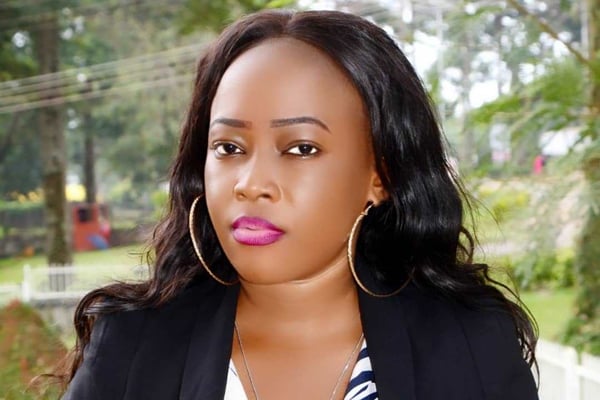Judiciary to expand electronic court system

IDLO country manager Barbara Kilei and Uganda's Chief Justice Alfonse Owiny-Dollo at Imperial Golf View Hotel during an induction of judges on May 8, 2023. PHOTO/EVE MUGANGA
What you need to know:
- According to a 2022 annual judiciary report, Uganda had a total case backlog exceeding 50,000.
Uganda's Chief Justice Alfonse Owiny Dollo has revealed that the judiciary will expand the Electronic Court Case Management Information System (ECCMIS) to other parts of the country to simplify judicial work.
“We have already adopted the system here in Kampala and we want to expand it to other areas. It's a system which revolutionizes how things are done in the judiciary to make work quick, secure and we will not hear cases of lost files,’’ noted the chief justice.
He added: “Incase the Chief justice receives a complaint, he has a master key which can call any file in Uganda from grade one, chief magistrate or high court so that even in his bedroom, he will look at what this file is.’’
Owiny-Dollo who was opening a one-week induction retreat of 28 judges from the Court of Appeal and Supreme Court/Industrial Court further observed that the system will trace late coming judicial officials.
“This is to ensure that people abide by their judicial oath. So, they will know reasons why they are judicial officers,” he said at the event at Imperial Golf View Hotel in Entebbe on Monday.
The ECCMIS is expected to save time as recording machines can ensure cases like those revolving around land can be heard in less than 12 months.
The five-day training is expected to focus on team building and effective services, inherent powers of court and judgment writing for panel benches which will be presented by Justice Joel Ngugi of the Kenyan Court of Appeal, according to the event’s organizers International Development Law Organization (IDLO) and the Judicial Training Institute (JTI).
The IDLO country manager Barbara Kilei said that judiciary programmes seek to enhance accessibility, quality and sustainability of justice services delivered for rural, vulnerable, and marginalized communities in Uganda.
“To achieve this, we are working with state and non-state institutions to empower grassroots communities to claim and uphold their rights while at the same time strengthening capacities of and linkages between formal and informal justice actors/systems to support effective redress mechanisms for justice seekers,” she added.
According to a 2022 annual judiciary report, Uganda had a total case backlog exceeding 50,000.





